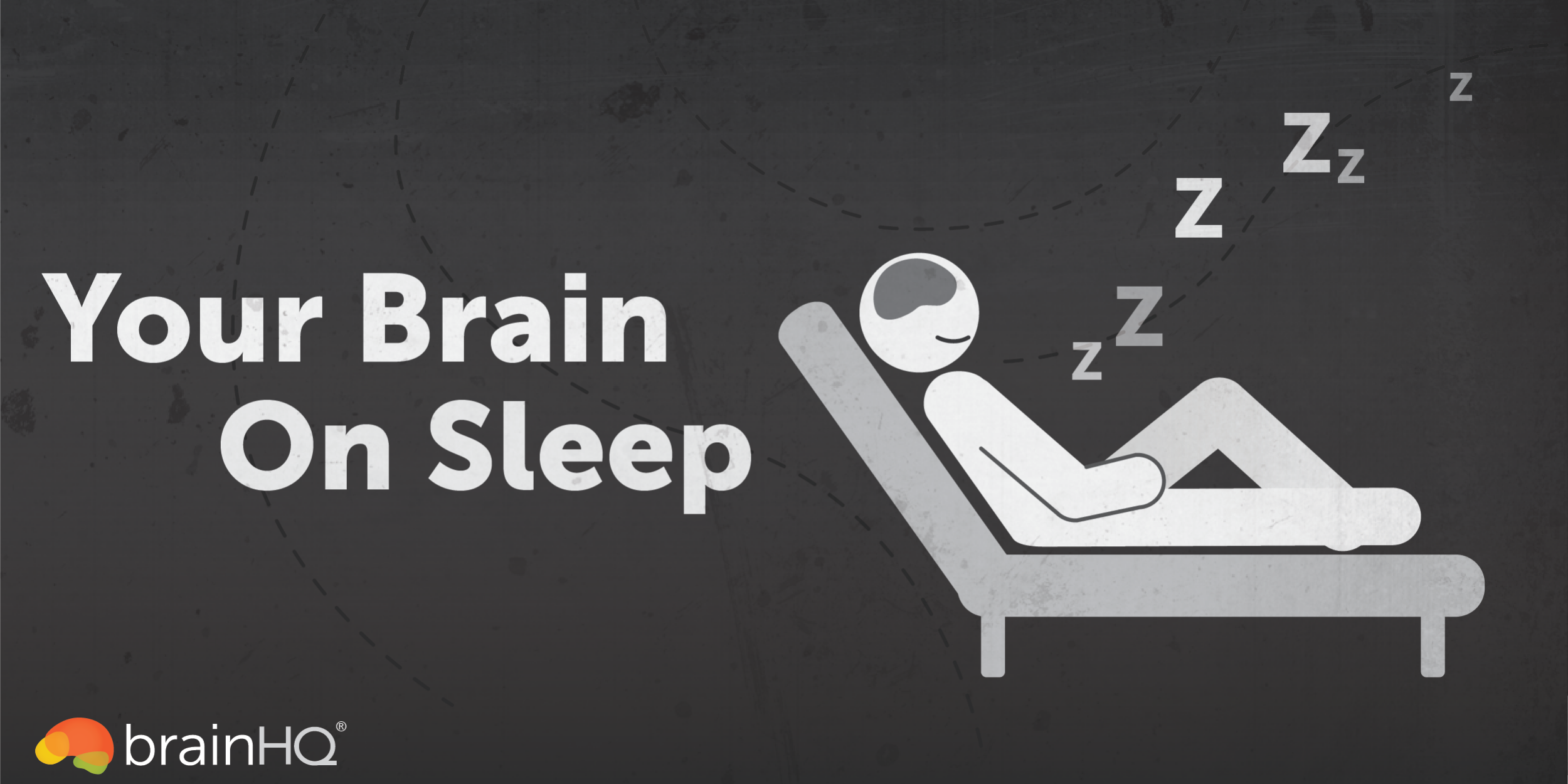Turning our clocks ahead next weekend, will rob us all of an hour – as we are sleeping. With World Sleep Day coming up on Friday (March 13), and in honor of Brain Awareness Week that started Monday, it seems an opportune time to talk about the hard work being done by your brain while you sleep.
There are three big tasks your brain works on while you sleep: housekeeping, consolidation, and rejuvenation.
Housekeeping
During deep sleep – the REM (Rapid Eye Movement) phase — the brain is very busy cleaning out irrelevant material. A lot of information came at you during the day, but most of it was not relevant. Even parts that were very important – remembering your room number at the hotel – may have become irrelevant, now that you and your life have moved on.
If you don’t sleep and clean out what’s unimportant, you can think of it as though the trash keeps piling up in your brain. That creates a lot of background noise, and, that, impairs thinking.
Consolidation
In the “slow wave” period of moderately-deep sleep, the brain does more heavy lifting – consolidating learning from the day. You collected Important information during the day, but it’s in what you can think of as a temporary record. If not cleaned out as irrelevant during REM sleep, that temporary file gets engraved into a more persistent form, during slow wave sleep.
In fact, if there are unresolved issues from the day, your brain works on them during this consolidation period. That’s a reason you may have a great idea during that morning shower, over breakfast, or on the way to work.
If you are working hard at learning something, the consolidation actually improves your performance, so you are better at it the next morning, than you were immediately after you finished the hard work. We recommend to people who are doing our BrainHQ brain exercises that if an exercise seems hard today, get a good night’s sleep, and you are apt to find that what seemed hard the day before now seems pretty easy.
Rejuvenation
The third critical job of sleep is that the brain resources – brain chemicals – you’ve expended during the day get replenished.
Brain chemicals are naturally released throughout the day at the moment when you need them. Dopamine is released when you feel rewarded, as the brain’s way of saying “that was good, remember it.” Norepinephrine is released when you encounter novelty, as the brain’s way of saying “that’s a new one, pay attention.” And, acetylcholine is released when you need to focus, as the brain’s way of saying “this is important, pay attention.”
These (and other) brain chemicals – called “neuromodulators” – are critical to brain operations. They make the brain more plastic – capable of change – and enhance learning and mood. Sleep provides an opportunity to rejuvenate these chemical resources.
Now, imagine you don’t get a good night’s sleep. What happens? There are piles of trash in there, which no one has taken out, and the important things are fleeting, because there’s no consolidation — and there’s no rejuvenation. So, you wake up unprepared to live your life the next day.
Sleep affects every aspect of your thinking, and your attention control, and how bright you feel.
You can ruin the next day, just by having a ruinous night of sleep, so get a good night’s sleep. And, know that when you’re grappling with something, it’s not only okay to sleep on it — that’s actually a good idea.







